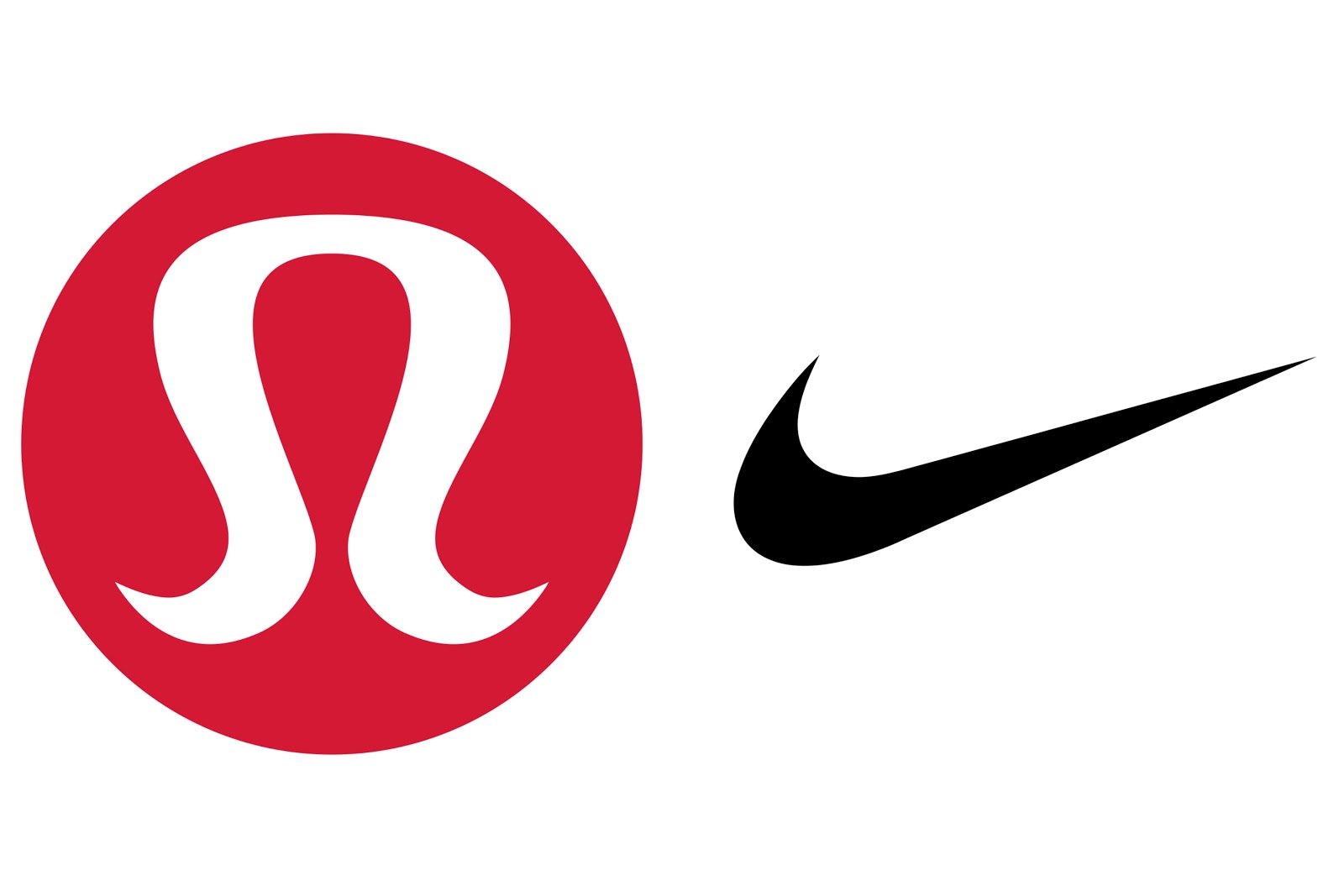To be successful as a fashion brand in this day and age, brands must prioritize sustainability. With millions of clothing items being produced unethically everyday, environmental damage is inevitable.
For multi billion dollar international brands like Lululemon and Nike, their high purchase rates from consumers leads to an increase in production. When the demand for a product is high, supply goes down quickly. To make new products quick and efficiently, sometimes the easiest path to take is the unethical and unsustainable one. This path includes hiring people to work under terrible conditions and using up a large amount of natural resources.
[Click here to read more about fast fashion production and the negative effects it has on communities and the environment.]
It isn’t just the unethical production process that jeopardizes the environment, it is also the constant need to replenish the market with new products. Trends and seasons are continually changing; consumers are always looking for a new style, color, or benefit in what they purchase. Companies don’t have the ability to release these new products when their inventory is clogged with last season’s pieces.
Because of all the resources being used to create new products and the products going to waste to make room for new ones, the mark that companies are making on the environment is severe. Lululemon and Nike have posed a new solution: resale within their retail locations.
Lululemon’s take on the idea is the “Like New” program — customers can bring back gently used athleisure purchased from Lululemon in exchange for a gift card. The returned items will be sold at a discounted price in a few stores across the country starting in May. The resale program will make its way to Lululemon’s website in June.
Nike introduced “Nike Refurbished”, a line of gently worn shoes that the company restores and resells at a discounted price. Nike is starting “Nike Refurbished” with only shoes, both men and women styles. In order for buyers shoes to qualify for refurbishment, they must have been purchased within the 6 month period before the return date. If the shoes are unfit for the refurbishment process, they will be recycled in order to prevent further waste from the brand. From there, Nike hopes to expand the resale programs horizons to include clothing items as well.
Unlike Lululemon, Nike does not offer much of an incentive to encourage consumers to return their products to the store. At the moment, there is no reward or give back for returning used sneakers. The company has not determined whether or not rewards will be added as “Nike Refurbished” expands.
These new retail resale programs are taking big steps forward in the path of sustainability for all brands. Nike hopes to reduce their greenhouse gas emissions by 70% by 2025 and increase the amount of product they recycle and donate instead of putting them to waste. Lululemon intends to manufacture 100% of its products with sustainable materials and in a sustainable fashion by the end of 2030. Less products are going to waste and there’s a bit less of a need for products to be produced.
This also broadens the group of shoppers that brands like Lululemon and Nike cater to. For most people, these brands aren’t affordable for casual shopping. Purchasing an item from one of these stores is more of an investment than a quick and easy decision. Quality aside, many people have a hard time justifying the price they pay for the product. Now, consumers will be able to enter a store and have a selection of more affordable clothing items and shoes.
The resale program also offers consumers access to unique products. Someone may bring back a shoe whose production was halted months ago, or a limited edition pair of leggings.
Although other brands have integrated sustainability and resale into their company, Lululemon and Nike starting their programs is bound to have a major positive impact on the entirety of the fast fashion industry. As influential brands, smaller brands who have yet to introduce plans for sustainability will jump into the mix in order to stay afloat and continue to compete alongside Lululemon and Nike. Sustainability has moved from being an extra asset in a company to a priority.

Hi! My name is Lyric and I am a senior editor and the website editor for The Mycenaean. I am also Vice President of Quill and Scroll Society, Makeup Crew Head, and a member of National English Honor Society.

Leave a Reply